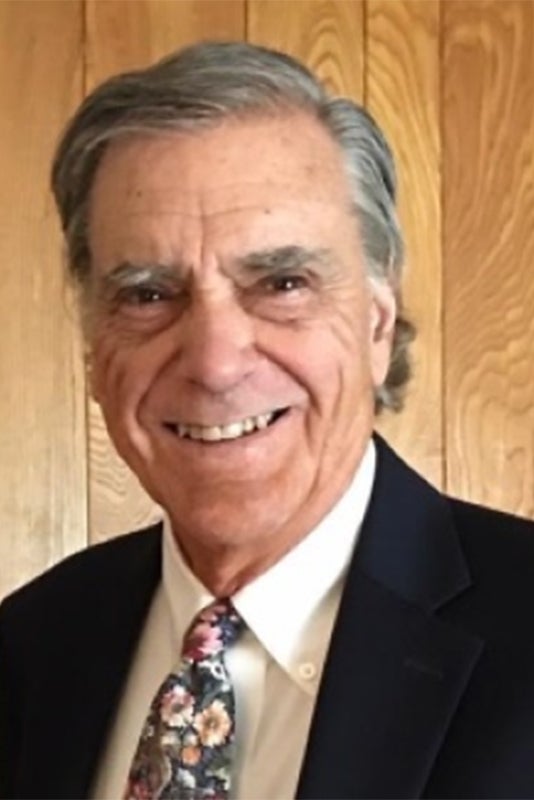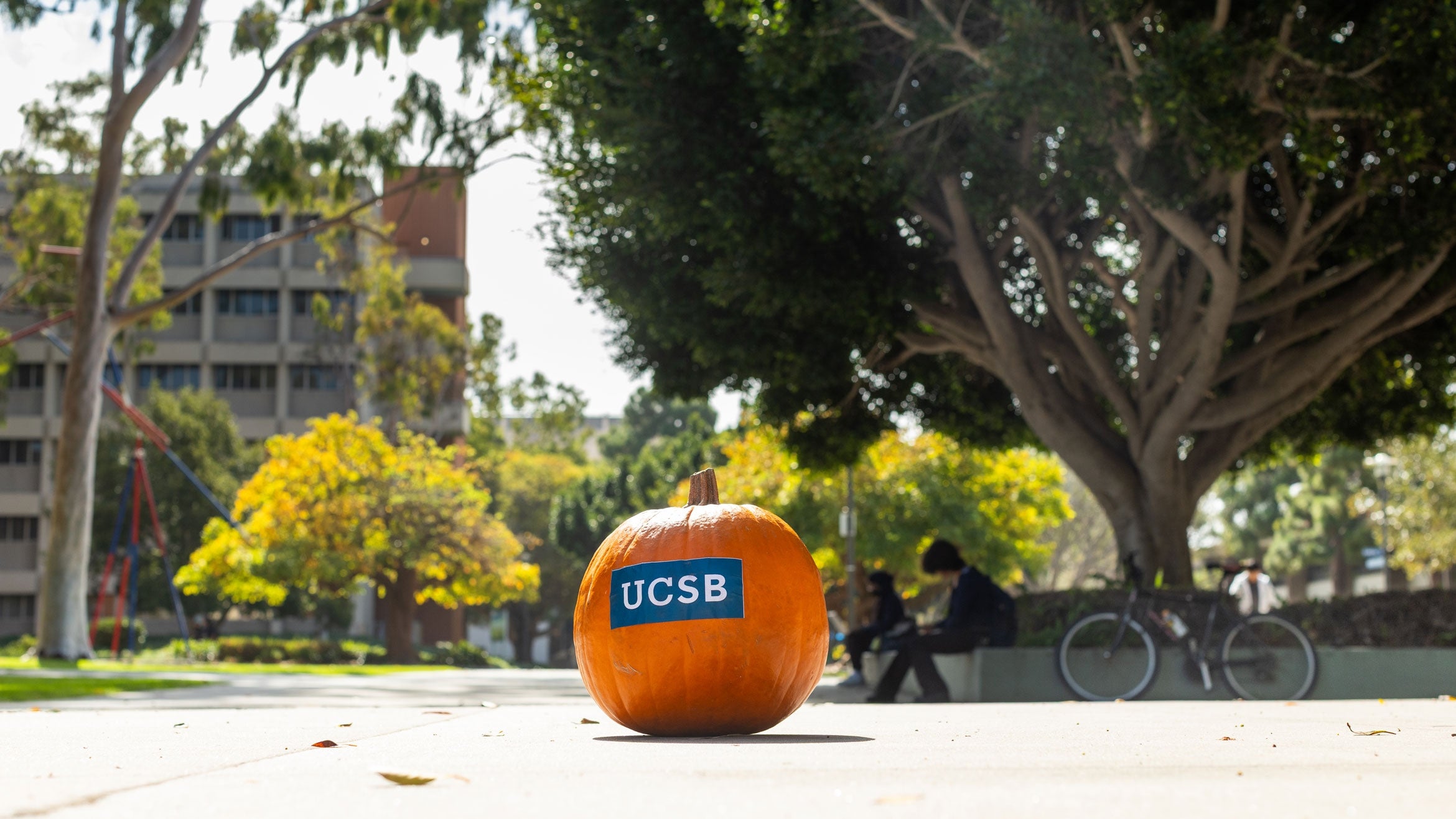
Pioneering social scientist David Hamilton honored with lifetime achievement award
A researcher and educator at UC Santa Barbara since 1976, David Hamilton is the recipient of the 2024 Distinguished Scientist Award from the Society of Experimental Social Psychology (SESP), a lifetime-achievement honor that recognizes “individuals who have made unusually important contributions to experimental social psychology.” Founded in 1965, SESP is the world’s most prestigious society of social psychologists. Hamilton will receive the award at the organization’s annual conference, Oct. 24–26, in Santa Fe.
“This is pretty special,” said Hamilton, a distinguished emeritus professor in the Department of Psychological & Brain Sciences. "I never thought I would get this particular award and I am honored to receive it.”
Thinking back on his own education and those who influenced his early path, Hamilton credits the late Samuel Mudd, a professor at Gettysburg College, with piquing his interest in the field and to pursue psychology in grad school. “He was a marvelous teacher,” Hamilton remembered. “Not a dynamic orator, but he had a way of quietly making things interesting, and he really cared about his students.”

David Hamilton
Social psychologist David Hamiton is a distinguished emeritus professor in the Department of Psychological & Brain Sciences, where his decades of research have focused on how people process social information to form impressions of others and make judgements about individuals and groups.
Social psychology is the scientific study of how people’s thoughts, feelings and behaviors are influenced by the presence of others, Hamilton explained. We know, for example, that people use the information they learn to form first impressions of others, to develop attitudes on various issues, to create stereotypes about groups, and that they belong to groups that interact, cooperatively or not, and make important decisions.
For decades, social psychologists have debated how these things happen. In the mid-1970s a new approach emerged that focused on the cognitive processes that underlie and mediate social perceptions and interactions. The shift to focusing on underlying cognitive processes was an important step in understanding how the mind works. This approach became known as social cognition.
Several aspects of information processing are crucial in this analysis, Hamilton added. It investigates what aspects of available information we do and do not attend to, and why. It also looks at how we interpret this information, what inferences are drawn from it, how we evaluate what we’re learning and how it all is represented in memory.
“The goal of a social cognition analysis is not only to identify but also to measure these processes and their functioning,” he said. “Interestingly, there are many times when people are not even aware that these processes are occurring.”
An important element in this analysis is that these processes influence how information is represented in memory, Hamilton continued. Because attention is selective, not everything that happens will be encoded into memory, and what is encoded will have been modified and elaborated by these processes before it is stored.
“This means that there can be discrepancies between what literally happened and what gets represented in memory,” he said. “Yet when we later remember an incident it is the representation in memory that is the basis for our retrieval of the events. Therefore, what we remember may differ from the actual ‘facts’ of what transpired. Moreover, different people may ‘remember’ different aspects of the same event, which can in some contexts be quite important, such as the accounts of two witnesses to the same crime.”
Social cognition is an approach that is not limited to any particular content, he explained. The same type of analysis into underlying cognitive foundations can be used to further our understanding of any given topic, such as attitude formation and change, stereotyping and prejudice, group processes, relationships between persons, and understanding ourselves and the processes guiding our behaviors. The conceptual and methodological advances of social cognition enable us not only to identify processes underlying perceptions and behavior but also suggest, in those processes, strategies for intervening that would enhance or diminish those effects.
Hamilton was one of the leaders pioneering this transformation. The SESP Distinguished Scientist Award recognizes his contribution to social cognition, an important movement in social psychology through the 1970s and 1980s that is still influential today.
“We are all very happy for him and for UCSB for this honor,” said Shelly Gable, interim dean of the division Mathematical, Life, and Physical Sciences, and professor of psychology.
Among other awards and recognition, Hamilton has also received honorary degrees from two European universities, the University of Lisbon in Portugal (1997) and Eotvos Lorand University in Budapest, Hungary (2000).
Hamilton earned his masters at the University of Richmond, in Virginia, and his PhD at the University of Illinois, at Champaign-Urbana. His first job was at Yale University, where he taught and conducted research for eight years. In 1976, he accepted a position at UCSB, and he worked with colleagues over time to create a vibrant and active social psychology program that remains highly recognized and respected.



